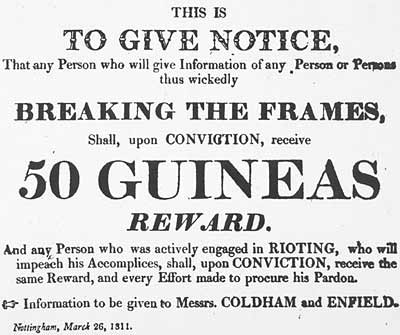Historical context
The period during which Newcastle kept his diary was characterised by rapid and wide ranging changes in the social, political and economic life of the British nation. Indeed, for contemporaries and historians alike, the first half of the nineteenth century has come to be classified as an ‘age of improvement’ or ‘reform’.
International affairs
Britain fought a long series of wars with Revolutionary and Napoleonic France (1793-1802 1803-15), from which it emerged as the leading European nation in terms of naval power, international trade and colonial possessions. Yet the aftermath of those wars, and the principles of the French Revolution of 1789 which had preceded them, continued to influence the nature of international relations for a long time after 1815.
Foreign affairs were dominated by contests between the forces of liberalism and reform on the one hand and those of conservatism and the settled institutions of the state on the other. This led to a further series of continental revolutions in 1830 and 1848 which raised renewed concerns about the long-term stability of Europe. The emergence and spread of movements for national self-determination in the Netherlands, Greece, Spain and Portugal and the different provinces and states of Germany and Italy, forced British governments to consider their attitude and response to these developments.
National events
Economic changes (including rapid population growth, the expansion of towns, the development of new forms of transport and the emergence of an industrial economy) raised a series of challenges, which were connected to the concept of change in one way or another.
Many commentators and social reformers began to call for state intervention in areas of life such as public health, the relief of poverty and working conditions which had not traditionally been considered part of the responsibilities of government.
Politically, there were calls to reform parliament and to extend the vote to new sections of the population, in order to make it more representative of the diverse forms of wealth and occupation in the country. Similar motivations led to the demand for changes in the existing system of local government (the corporations) and persistent calls to reconsider the privileged position enjoyed by the Church of England. This was a period in which the political claims of Catholics, Jews and Nonconformists were promoted with renewed vigour.
Most pressing of all, the continued problems raised by the British connection with Ireland, formalised through the Act of Union of 1800, served to focus attention on religious, economic and political differences between the two nations.
Nottinghamshire
Locally, these developments were reflected in Nottinghamshire life during the period. Advances in agricultural technology and animal husbandry and the enclosure of open-strip farms and common land changed the physical shape of the county’s landscape and challenged established farming practices.
The growth of population in provincial towns like Nottingham, Newark and Mansfield necessitated changes in the physical fabric of those towns and the development of institutions to relieve residents who were living at, or below, the level of subsistence. New industrial processes and the threat of competition also challenged the status and working conditions of skilled craftsmen and artisans in the local lace-making and hosiery trades.
Newcastle’s activities as Lord Lieutenant of Nottinghamshire and his actions as a prominent landowner and electioneer were, therefore, matters of importance. The duke’s stewardship of his estates, his treatment of his tenants and his attitude towards maintaining law and order and the relief of poverty became issues of vital interest during these years.

Broadsheet offering a reward for information about luddite activity in Nottinghamshire, dated 26 Mar. 1811
Next page: Areas of interest